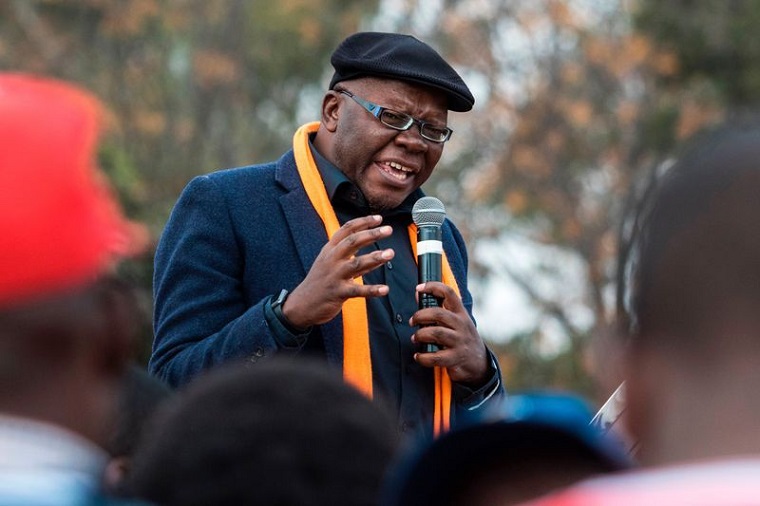For Zimbabwe, the indicators are stark. The economy is reeling. Underemployment and unemployment are widespread (roughly 95 percent of Zimbabweans work in the informal sector). State utilities have all but collapsed, and electric power cuts out frequently. Lately, the blackouts have lasted for more than 18 hours a day, even as the country suffers shortages of fuel, water, food, and medicines. More than 40 percent of the population—some seven million people—survives on emergency aid from the international community.
Ten years ago, forming a unity government offered a political solution, albeit a temporary one, to the crisis of hyperinflation. A solution to today’s economic crisis must be similarly political. More precisely, it must address the legitimacy deficit of the current administration, which stems from the military coup that brought it to power and the disputed election that kept it there.
A political deal must also provide a framework for the reforms needed to right the economy. Most urgently, it must offer a path away from the multiple quasi-currency regime and back to the U.S. dollar. The government must halt its compulsory appropriation of the U.S. dollar export proceeds, which constricts the supply of foreign currency and hurts Zimbabwe’s export economy, especially in the mining and agricultural sectors. Eventually, the country should transition to the South African rand, which is weaker than the U.S. dollar and would help make Zimbabwean exports more competitive.
Once the monetary environment is stable, the government can focus on cutting costs by reforming the public-sector wage bill and curtailing expenditures that are wasteful or corrupt. These cuts would help pay down the country’s $22 billion public debt, half of which arose from overzealous borrowing from the Central Bank. Zimbabwe needs to pay back its creditors both within the country and outside it: the country is currently $2.6 billion in arrears to international financial institutions such as the World Bank.
Corruption is both a cause and a consequence of Zimbabwe’s economic difficulties, and no reform program can succeed without tackling it. The ruling party and the military still dominate Zimbabwe’s economy, as do vested interests connected to both. Profiteering and rent-seeking on virtually everything with a price tag, from commodity exports to petrol imports, define the country’s economic life. Foreign exchange, fuel, minerals (particularly diamonds, platinum, and chrome), and agriculture have all become citadels of arbitrage and loot. To begin to change all this, the government must liberalize the market and eliminate the need for import permits, which for years have been used to reward party loyalists. To attract foreign investment, Zimbabwe needs to show that it respects the rule of law, including by strengthening property rights and guaranteeing that profits can be repatriated outside Zimbabwe.
The current government cannot be trusted to undertake such a program. That is because ZANU–PF stands to lose from serious reforms, since they would inevitably eliminate the party’s traditional sources of finance, patronage, and control. A transitional government arrangement, akin to the unity government of 2009–13, has to lead the reform effort. To bring one about, the IMF and other major multilateral organizations should offer ZANU–PF incentives to come to the negotiating table—not reward it prematurely as the IMF did with the staff-monitored program. Zimbabwe needs help from its international partners, as well as from neighboring countries and regional blocs, to stave of total economic collapse. First, however, it needs to get its own politics right. – Foreign Affairs
(296 VIEWS)


